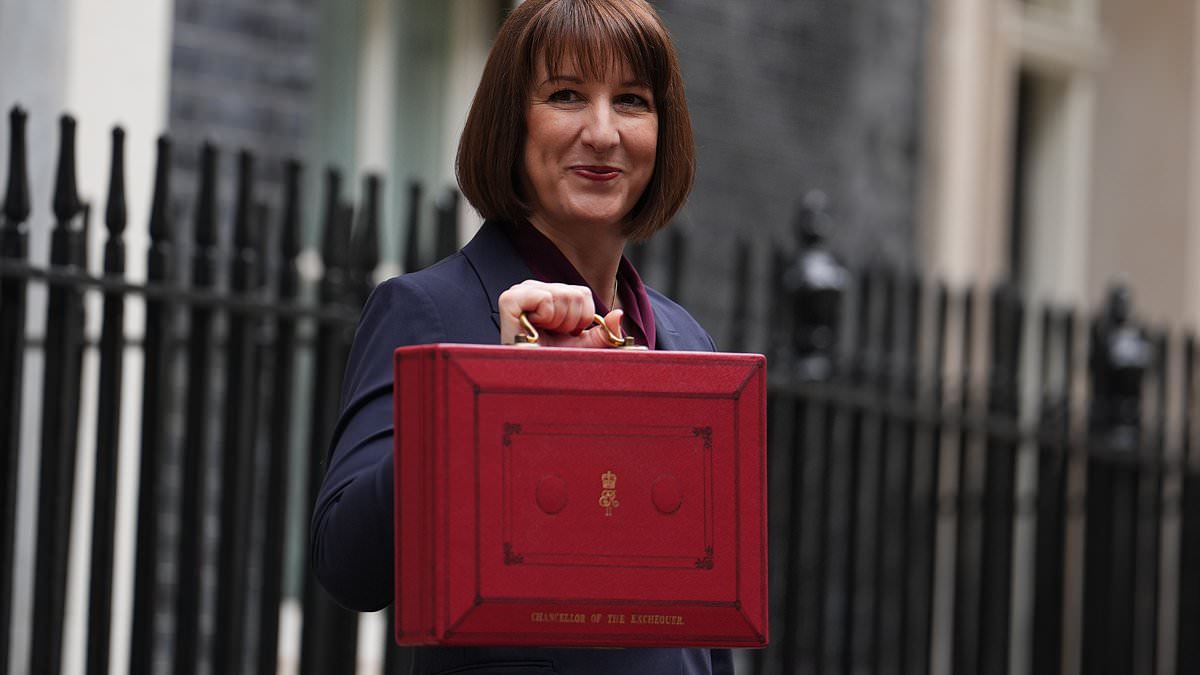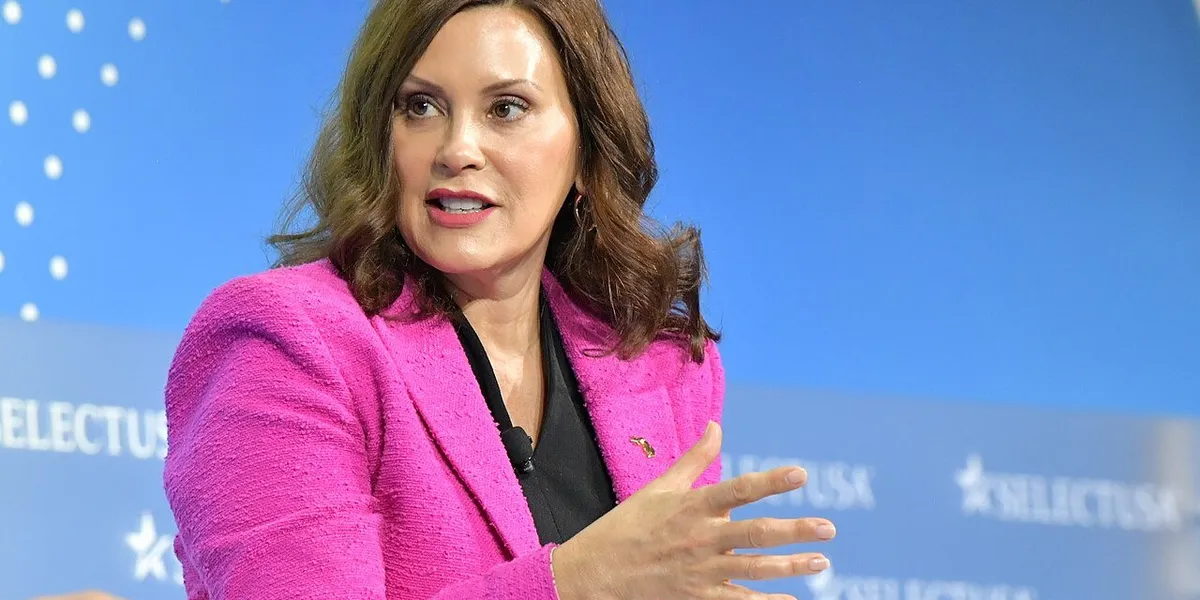By Editor,Lucy Evans
Copyright dailymail

Around four in five high-net worth families are bracing for tax rises in the next year amid fears of punitive policies in the autumn Budget which would launch an attack on their wealth, a leading wealth manager today reveals. Some of the nation’s wealthiest think tax changes pose a risk to their money – and one in three wealthy individuals are already taking steps to protect their nest eggs from potential tax hikes this autumn. That’s according to wealth manager Saltus which publishes a bi-annual Wealth Index Report. It chronicles the confidence of more than 2,000 adults with investable assets of at least £250,000.
Confidence in both the economy and personal wealth has edged up to 64.7 on the Saltus barometer from its record low of 58.2 in February this year, post Chancellor Rachel Reeves inaugural Budget. However, confidence in the economy is still the second lowest level ever record by Saltus as persistent inflation , Budget fears and a gloomy outlook for economic growth remain. Mike Stimpson, partner at the firm, said: ‘Confidence in the UK economy is showing a degree of recovery amongst high-net-worth individuals, but this is tempered by concerns over future tax changes and what the Labour Government will do next. It is reasonable to speculate that our respondents might feel more prosperous, but they do not feel more secure.’
Some 78 per cent of those surveyed are expecting a slew of tax hikes to be brought into force over the coming 12 months. And 48 per cent say tax changes are the biggest single risk to their wealth, second only to inflation (58 per cent), which currently sits at 3.8 per cent. It’s capital gains tax (CGT) that wealthy families believe will be hiked as some 46 per cent think it will rise in the next year as the treasury try to implement CGT is charged when someone sells liable assets, such as stocks and shares, buy-to-let properties, second homes, other investments and certain valuable possessions. Each year individuals get an annual allowance of £3,000 which is free of CGT. This has been slashed from the £12,300 level it stood at in 2022.
Ms Reeves increased CGT rates in last year’s Budget. Basic rate taxpayers are now charged 18pc rather than 10pc previously, while higher and additional-rate taxpayers are charged 24pc rather than 20pc. Campaigners have pushed for CGT rates to be made equal with income tax rates – which would mean 20pc, 40pc and 45pc. Some 46 per cent think there will be a rise to CGT while 34 per cent think there will be a rate freeze. Income tax – which Labour promised not to tamper with as a manifesto pledge – has become a sticking point for the treasury which now finds itself unable But two in five wealthy families believe the Exchequer will renege on its promise and are bracing for higher income tax levels in the coming year.
High net worth individuals also believe inheritance tax – Britian’s most hated levy – will be reformed by the Labour Government. An estate needs to be worth more than £325,000 to incur inheritance tax. This can be doubled to £650,000, jointly, for married couples or civil partners. Plus, there is also a so-called residence nil rate band increases the threshold by £175,000 each for those who leave their home to direct descendants. This creates a potential maximum joint total of £1million that a couple can pass on tax-free to children and grandchildren.
More than one in three believe the 40 per cent rate at which the death tax is levies will be hiked while 47 per cent think the nil-rate band will be frozen in just another stealth tax riad on wealth. ‘Whether it’s CGT, income taxor IHT, these high-net-worth individuals are braced for further changes at the autumn Budget given the Chancellor’s limited fiscal room for manoeuvre,’ Mr Stimpson added. ‘This cohort are the wealth creators, investors and employers who drive economic growth – if their confidence is undermined by continual uncertainty, that has consequences for everyone.’ These families are already turning to their financial advisers to use wealth protection strategies such as trusts, gifting and estate planning in a bid to shield their legacies.
Confidence in the economy has grown from 48 per cent to 66 per cent between February and August, when the bi-annual research is conducted. But this isn’t a glowing review for the treasury – this is still the second lowest level of confidence ever recorded by Saltus. Plus, this is far below the 84 per cent level of confidence recorded before last year’s Budget which wreaked havoc on household finance and business confidence. And Dr Michael Peacey, senior lecturer at the University of Bristol’s school of economics and compiler of the index, said the current confidence figures were measured during a rebound.
‘The research took place following the strong recovery in markets after the trough of the Trump tariff period. ‘On the positive side, the UK has seen slight growth in GDP and real wages, a fall in interest rates and the securing of a UK-US trade deal. ‘Yet persistent inflation, geopolitical uncertainty, and the prospect of further tax rises in the November 2025 Budget continue to weigh on sentiment.’ Almost a fifth of wealthy families remain unconfident – and 5 per cent feel extremely unconfident.
While some 49 per cent of the nation’s wealthiest people voted for Labour at the last election, almost half of these voters now regret their decision. A growing disappointment in the economy’s underperformance s the main reason for the regrets while underinvestment in the NHS follows closely behind. The sweeping changes to inheritance tax is the third most common reason for the voting regret.
As many as a quarter of these high-net-worth individuals have considered fleeing the UK, the Saltus report reveals. While Brexit is a key reason for one in five people, some 16 per cent say recent changes to IHT and driving the mass exodus. The Chancellor’s IHT pensions change is a move that has upended retirement planning and made it harder to leave a substantial tax-free legacy to family. Plus, the addition of VAT to private school fees is forcing some families to consider a move abroad. Nine in ten of those surveyed with children send their children to private school – and 71 per cent say they already have or will make sacrifices to allow for the fee hikes.



